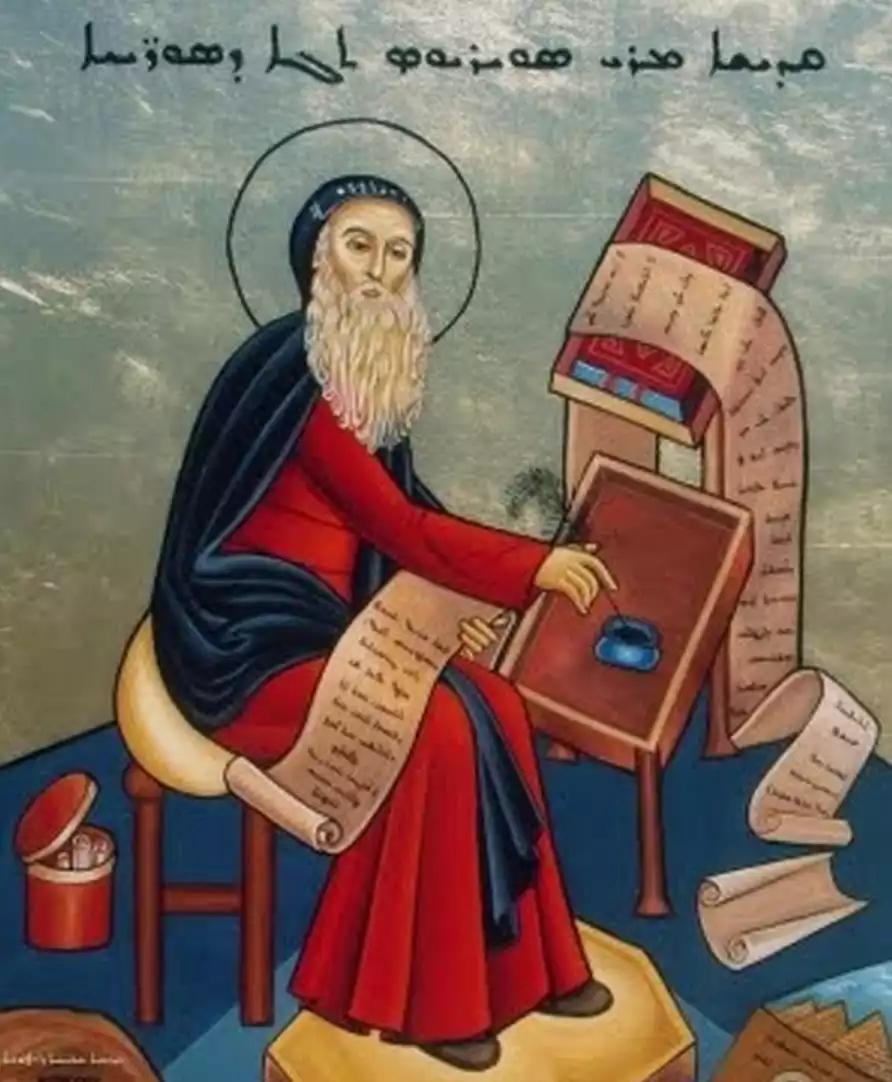
Severus of Antioch, born in approximately 465 and passing in 538, stands as a towering figure in the history of Christian theology and the Oriental Orthodox tradition. His impact resonates through the centuries, leaving an indelible mark on ecclesiastical debates and doctrinal developments. Renowned for his erudition and eloquent oratory, Severus’ contributions to Christological discussions during a period of intense theological controversy were profound and far-reaching.
Theological Contributions and Controversies
Severus of Antioch’s theological journey was marked by his steadfast commitment to the non-Chalcedonian position, vehemently opposing the Council of Chalcedon’s declaration in 451. His stance, deeply rooted in the miaphysite doctrine, posited that Christ’s divine and human natures were united in a single nature, a view divergent from the Chalcedonian definition of two distinct natures in Christ.
Severus’ teachings and writings, notably his prolific letters and homilies, were instrumental in shaping the theological discourse of his time. He engaged in rigorous debates, articulating his viewpoints with clarity and conviction, often finding himself at odds with prominent Chalcedonian theologians. His ability to blend theological depth with pastoral concern earned him both admiration and controversy, making him a central figure in the theological landscape of the early Byzantine period.
Moreover, Severus’ influence extended beyond mere doctrinal discussions. He was a zealous pastor and an ardent defender of the faith as he perceived it, guiding his flock through turbulent times marked by doctrinal divisions and political upheavals. His tenure as Patriarch of Antioch, although fraught with challenges, was a testament to his unwavering dedication to his theological convictions and his commitment to the spiritual welfare of his congregation.
Through his extensive writings, Severus of Antioch left a legacy that would shape the contours of Oriental Orthodox theology. His works continue to be studied and revered, offering insights into the complexities and nuances of early Christian theological debates. As a result, Severus remains a pivotal figure in the annals of Christian history, remembered for his theological acumen, pastoral leadership, and enduring influence on Christian thought.
Exile and Lasting Impact
Severus of Antioch’s final years were overshadowed by exile, following his deposition in 518 due to the shifting political and religious landscapes. Despite his forced separation from Antioch, Severus continued to exert a significant influence through his writings and correspondences. His exilic period was marked by prolific theological output, contributing further to the depth and breadth of his doctrinal legacy.
In exile, Severus maintained an active correspondence with various monastic communities and clergy, offering guidance and reinforcing his theological positions. His letters, characterized by their pastoral tone and theological precision, served as vital links between him and his followers, sustaining the miaphysite movement during a time of fragmentation and persecution.
Severus of Antioch’s legacy endures in the Oriental Orthodox Church, where he is revered as a champion of the miaphysite cause. His theological insights continue to be a source of inspiration and study, reflecting his profound understanding of the complexities of Christological doctrines. Severus’ commitment to his beliefs, despite facing significant opposition and exile, underscores the enduring impact of his life and work on subsequent generations of theologians and faithful alike.
References
- Johnson, Scott Fitzgerald. “Severus of Antioch: His Life and Times.” Academia.edu (accessed December 09, 2023).
- Meyendorff, John. “Imperial Unity and Christian Divisions.” St Vladimir’s Seminary Press, 1989.
- Monge, Natalia. “Severus of Antioch as Theologian, Dogmatician, Pastor, and Hymnographer: A Consideration of His Work on the Feast of the Ascension.” ResearchGate (accessed December 21, 2023).
- The Life of Severus by Zachariah of Mytilene – Syriac Studies (accessed December 14, 2023).
- The Life of Severus by Zachariah of Mytilene – Syriac Studies (Duplicate Source) (accessed December 21, 2023).
- “Severus of Antioch” in Journal of Early Christian Studies (accessed December 21, 2023).
- Severus of Antioch – CORE (accessed December 18, 2023).
